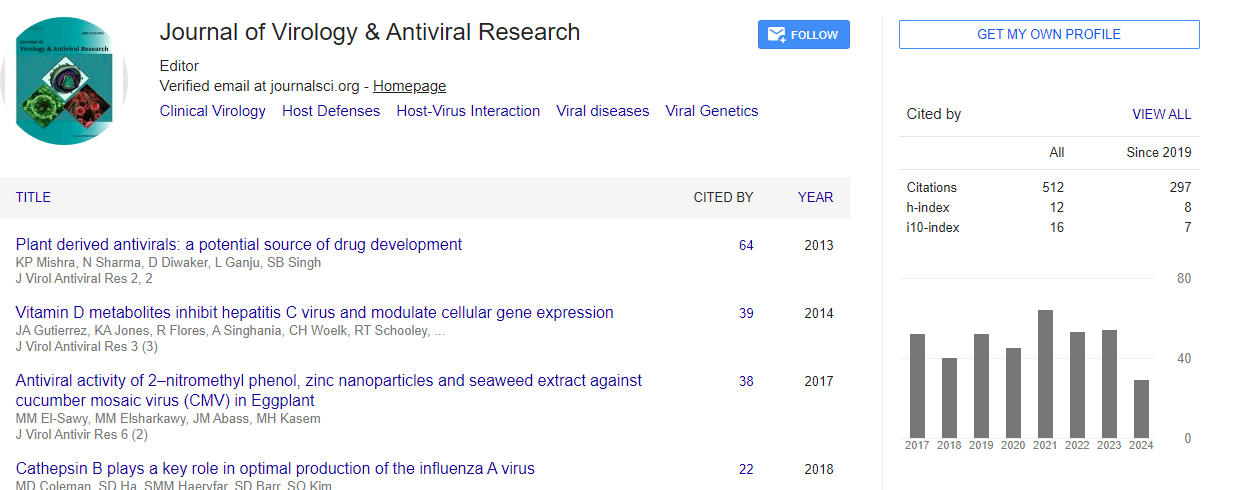Zoonotic diseases threat needs sharing of information and new diagnostic systems in less developed countries
Stef Stienstra
1-Civil-Military-Interaction-Command, Royal Dutch Armed Forces, Netherlands
: J Virol Antivir Res
Abstract
Sharing public health threat information is a necessity for governments to prevent outbreaks of infectious diseases. Zoonotic diseases are the most dangerous for outbreaks running out of control, as the population does not have natural nor artificial (from vaccination) immune response to new emerging diseases. The recent Ebola Virus Disease outbreak in West Africa was such an example. New diagnostic methods, which can be performed in developing countries lacking critical infrastructure have to be developed to have an early response on (potential) outbreaks. It must be high tech with high reliability, which can be used in rural areas without proper infrastructure. The mitigation of highly infectious and deadly disease pandemics have to be recognized at the source. Sophisticated diagnostic equipment and good calibration, maintenance and interpretation of the results are essential. To identify pathogens at molecular level new technologies are under development. In developing countries military and civilian actors cooperate fruitfully in fighting potential biological threats. In this civilmilitary cooperation it is not only the biosafety, which has to be considered, but also the biosecurity, as misuse of extremely dangerous strains of microorganisms cannot be excluded. Several zoonotic infectious diseases, like anthrax, small pox and also the hemorrhagic fevers like Ebola Virus Disease are listed as potential bioweapons. With this extra threat in mind, both biosafety and biosecurity have to be implemented in all mobile or fixed clinical laboratories. An information/computer network with a cloud in which essential information can be traced, helps in early detection of outbreaks of ‘new’, mostly zoonotic, infectious diseases. The same technology helps in the forensic aspects in case of a bioterror attack.
Biography
Stef Stienstra has finished both his studies in Medicine and in Biochemistry in The Netherlands with a doctorate and has extensive practical experience in cell biology, immuno- hematology, infectious diseases, and biodefense and transfusion medicine. He is a strategic and creative development manager in biomedical science, who works internationally for several medical and biotech companies as scientific advisory board member. He is also an active reserve-officer of the Royal Dutch Navy in his rank as Commander (OF4). For the Dutch Armed Forces he is CBRNe specialist with focus on (micro) biological and chemical threats. He is also manager of the group of medical- and environmental functional specialist within the 1st CMI (Civil Military Interaction) Battalion of the Dutch Armed Forces. He consults at top level management, in which his good understanding of abstract science combined with excellent skills in communication of scientific matters to non-specialists helps to get things done. He is visiting professor at the University of Rome Tor Vergata, Rome, Italy, giving lectures for the CBRN Master study.
 Spanish
Spanish  Chinese
Chinese  Russian
Russian  German
German  French
French  Japanese
Japanese  Portuguese
Portuguese  Hindi
Hindi 

